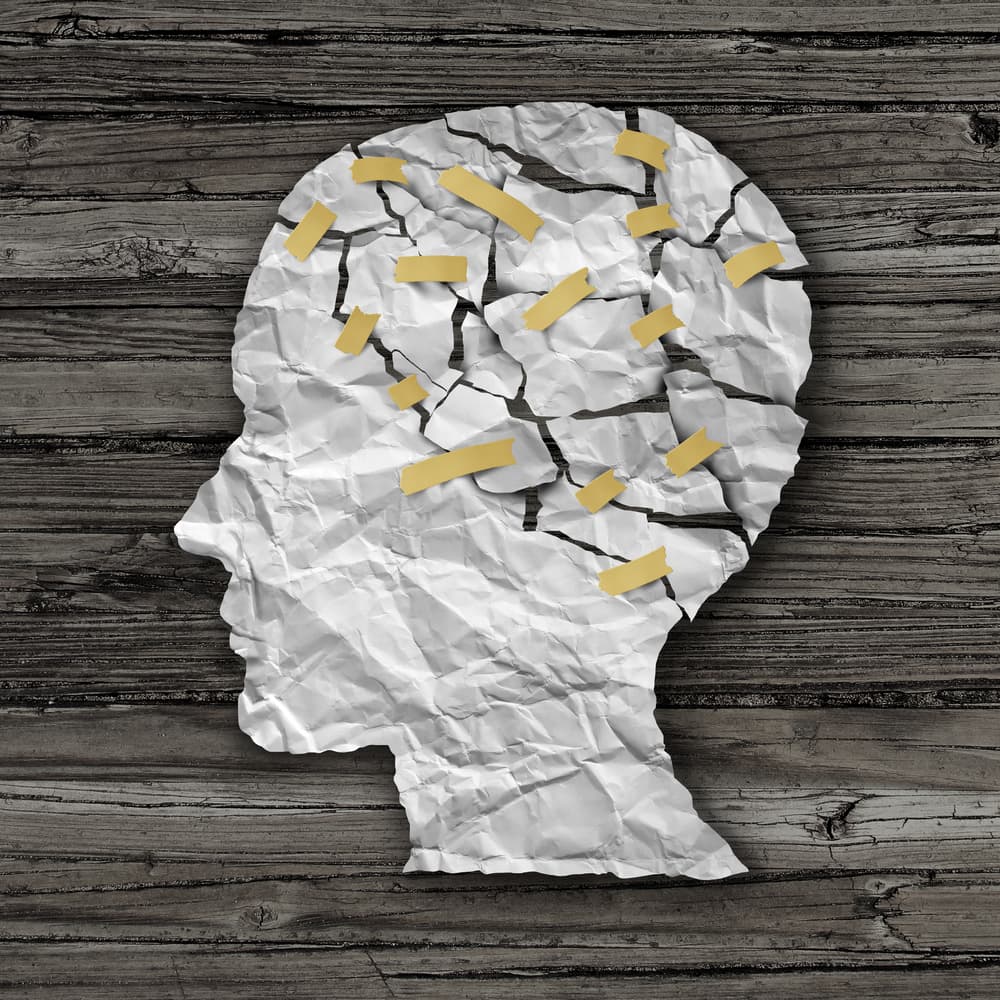Addiction is an incredibly complex disease.
Not only does it directly impact the health and function of the physical body, it also influences the intellect, emotions, personality, and even the moral reasoning of an addict.
In a sense, addiction has the ability to change who you really are.
Genetics, environment, mental health, and a variety of other factors come into play. But addiction specialists have also found one factor in particular that has quite a substantial effect.
And that’s trauma.
PTSD and Addiction
There is an incredibly strong correlation between Post-Traumatic Stress Disorder (PTSD) and addiction. In fact, among veterans seeking treatment for a substance use disorder, around one third also suffer from PTSD.
Among the general population, 26% to 52% of individuals with a substance use disorder also have suffered from PTSD at some point in their lifetime while 15% to 42% are suffering from it at the time of treatment.
Alcohol, in particular, seems to be the drug of choice among PTSD sufferers, with 36% to 52% self-medicating with booze compared to 19% to 35% using another substance of abuse.
Childhood Trauma and Addiction
While experiencing trauma is surprisingly common (60% of men and 50% of women experience at least one traumatic event in their lives), childhood trauma seems to play an enormous role in the development of a substance use disorder.
Such traumatic events, also known as adverse childhood experiences (ACEs), have been shown to have a lasting impact that can significantly increase the likelihood of substance abuse later in life.
The most large-scale and complete study on the subject, the CDC-Kaiser Permanente Adverse Childhood Experiences Study (ACE Study), found that ten types of trauma, in particular, tended to influence later abuse the most:
- Physical abuse
- Emotional abuse
- Sexual abuse
- Physical neglect
- Emotional neglect
- Living with an addicted family member
- Living with a family member suffering from mental illness
- Experiencing parental divorce
- Having an incarcerated family member
- Witnessing the abuse of their mother
According to the study, people with any ACE score (based on the ACEs experienced) are two to four times more likely to abuse substances while ACE scores over 5 are “seven to 10 times more likely to use illegal drugs, to report addiction and to inject illegal drugs,” according to ACES Too High.
Understanding this connection between childhood trauma and addiction can, therefore, help doctors develop the best possible treatment plan.
Trauma and Addiction: More Than a Loose Connection
Individuals with PTSD have a much higher rate of developing a substance use disorder than the general population and the influence of ACEs on later-life addiction is more than just a spurious correlation.
Recognizing that addiction and trauma often go hand-in-hand will help you get to the bottom of your substance use disorder and increase your likelihood of getting sober for good.
And the first step towards that sober life is finding an expert medical detox facility. So, contact us today and let’s get started.













